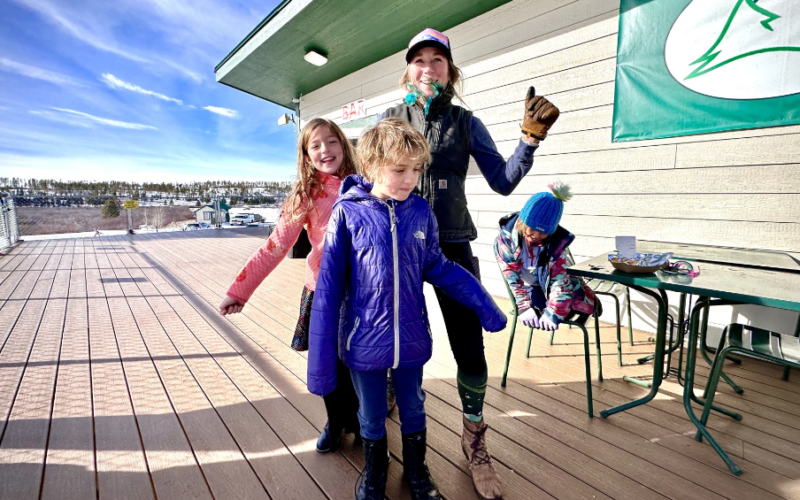As ski enthusiasts eagerly await winter’s embrace, ski resorts in the Alps face an existential threat due to declining snowfall attributed to the climate crisis. The $30 billion industry, which attracts millions of tourists annually, confronts an uncertain future as scientific evidence points to the increasing risk of scarce snow cover. This challenge has prompted debates within the skiing community, with calls for action against climate change intensifying.
Despite promising early snowfalls in some European regions this autumn, persistent rain and sleet have disrupted the normal pattern, affecting popular ski destinations like Morzine and Les Gets in the French Alps. The delay in resort openings due to heavy rainfall exemplifies the vulnerability of the industry, raising concerns among tourists and stakeholders.
Scientific reports, including peer-reviewed studies, emphasize the escalating risk to skiing in the Alps. At 2 degrees Celsius of global heating, 53% of examined European resorts face very high risks of scarce snow, a condition defined by the poorest coverage observed every five years between 1961 and 1990. If temperatures rise by 4 degrees Celsius, the risk climbs to 98%. A parallel study reveals a 36-day reduction in snow cover duration in the Alps over the past 600 years.
Amidst these warnings, the International Ski Federation (FIS) has faced criticism for insufficient climate action. Athletes, numbering 500, have called for increased efforts, citing large carbon footprints created by extensive competition schedules requiring frequent air travel. A petition with over 35,000 signatures urges the FIS to enhance transparency, adjust schedules respecting climate changes, reduce air travel, and advocate for climate action at a governmental level.
As resorts grapple with declining natural snow, the use of artificial snow through snowmaking emerges as a contentious solution. While this method can temporarily sustain some resorts, its scalability poses environmental challenges. Artificial snow requires significant energy and water use, potentially exacerbating water scarcity issues. Emissions from snowmaking contribute to overall resort emissions, creating a dilemma for sustainability-conscious initiatives.
In response to the looming challenges, some within the skiing community are pushing for industry-wide adaptation. The non-profit sustainability group Montagne Verte in Morzine advocates for a low-carbon future, emphasizing four-season tourism to reduce dependence on winter skiing. By engaging with local politicians and businesses, the group aims to implement policies promoting car-free resorts, reducing emissions from tourist flights and transportation within resorts.
As ski resorts navigate the delicate balance between tradition and adaptation, the industry’s future hinges on collaborative efforts to address climate change. While debates within the skiing community persist, initiatives like Montagne Verte offer glimpses of a future where resorts embrace year-round tourism and sustainable practices, envisioning a path forward in the face of climate-driven challenges.








